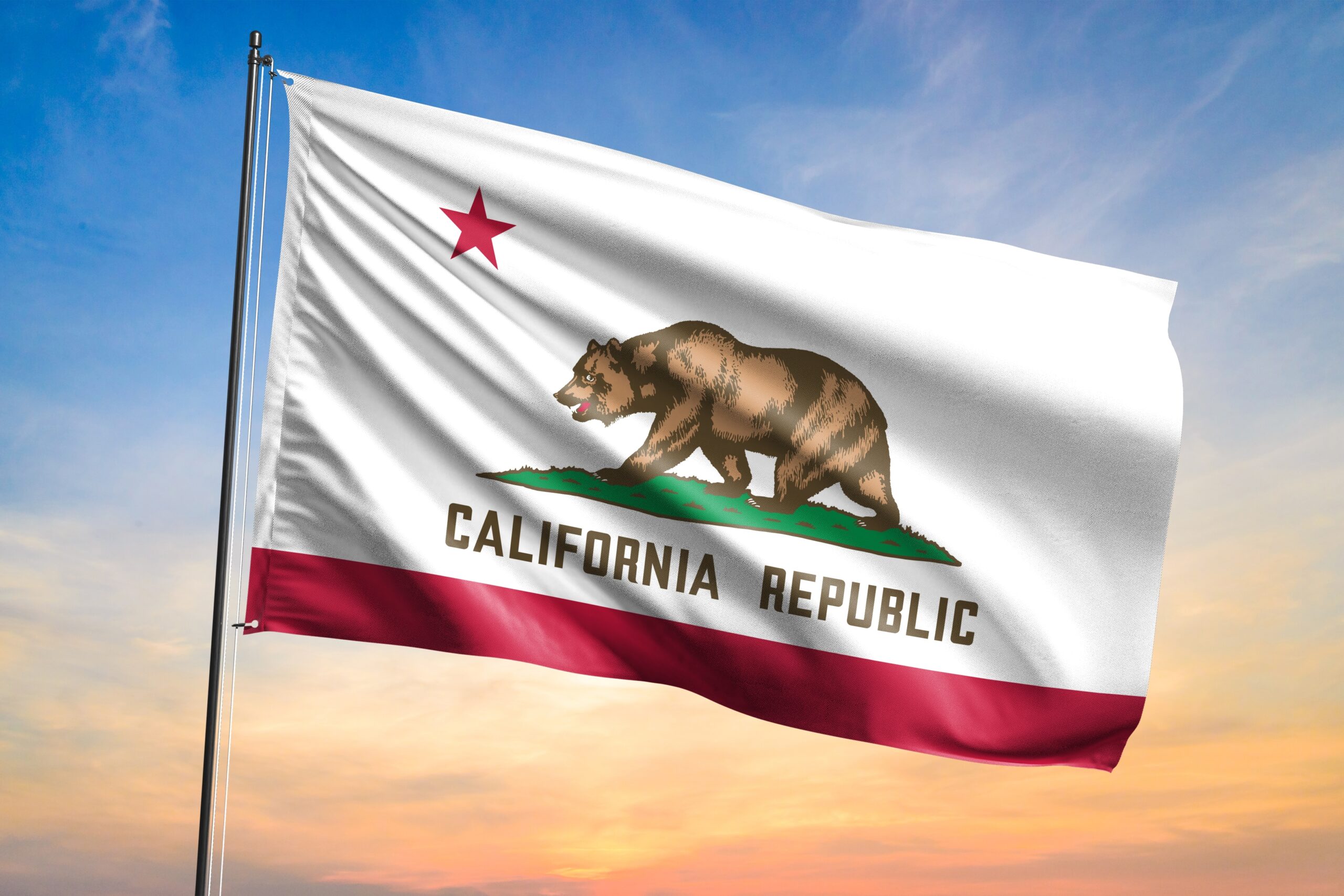
Future of Privacy Forum Appoints Four New Members to Its Board of Directors
Julie Brill and Jocelyn Aqua also join FPF as senior fellows Washington, D.C. — The Future of Privacy Forum (FPF), a global non-profit focused on data protection, AI, and emerging technologies, is pleased to announce the election of Anne Bradley, Peter Lefkowitz, Nuala O’Connor, and Harriet Pearson to its Board of Directors. These accomplished leaders […]

Julie Brill

California’s SB 53: The First Frontier AI Law, Explained
California Enacts First Frontier AI Law as New York Weighs Its Own On September 29, Governor Newsom (D) signed SB 53, the “Transparency in Frontier Artificial Intelligence Act (TFAIA),” authored by Sen. Scott Wiener (D). The law makes California the first state to enact a statute specifically targeting frontier artificial intelligence (AI) safety and transparency. […]

TFAIA_RAISE Act Comparison Chart
C om paris o n of Calif o rn ia ’s SB 53 an d New Yo rk ’s RA IS E Act: Fou n datio n Mod el Fra m ew ork s Cre ate d by: Ju stin e Glu ck , AI Polic y Analy st O ve rv ie w : […]

The State of State AI 2025 SUPPLEMENTAL
THE STATE OF STATE AI Legislative Approaches to AI in 2025 OCTOBER 2025 • SUPPLEMENTAL The Future of Privacy Forum (FPF) is a non-profit organization that serves as a catalyst for privacy leadership and scholarship, advancing principled data practices in support of emerging technologies. Learn more about FPF by visiting fpf.org . Justine Gluck Policy […]

The State of State AI 2025
THE STATE OF STATE AI Legislative Approaches to AI in 2025 OCTOBER 2025 The Future of Privacy Forum (FPF) is a non-profit organization that serves as a catalyst for privacy leadership and scholarship, advancing principled data practices in support of emerging technologies. Learn more about FPF by visiting fpf.org . Justine Gluck Policy Analyst, AI […]

The State of State AI: Legislative Approaches to AI in 2025
State lawmakers accelerated their focus on AI regulation in 2025, proposing a vast array of new regulatory models. From chatbots and frontier models to healthcare, liability, and sandboxes, legislators examined nearly every aspect of AI as they sought to address its impact on their constituents. To help stakeholders understand this rapidly evolving environment, the Future […]

FPF Submits Comments to Inform Colorado Minor Privacy Protections Rulemaking Process
On September 10th, FPF provided comments regarding draft regulations for implementing the heightened minor protections within the Colorado Privacy Act (“CPA”). Passed in 2021, the CPA, a Washington Privacy Act style-framework, provides comprehensive privacy protections to consumers in Colorado that are enforced by the state Attorney General’s office, which also has rulemaking authority. In 2024, […]

FPF Submits Comments to Inform Colorado Minor Privacy Protections Rulemaking Process
On September 10th, FPF provided comments regarding draft regulations for implementing the heightened minor protections within the Colorado Privacy Act (“CPA”). Passed in 2021, the CPA, a Washington Privacy Act style-framework, provides comprehensive privacy protections to consumers in Colorado that are enforced by the state Attorney General’s office, which also has rulemaking authority. In 2024, […]

Asia-Pacific Office Internship (FPF APAC)
The Future of Privacy Forum (“FPF”) is a non-profit organization that serves as a catalyst for privacy leadership and scholarship, advancing principled data practices in support of emerging technologies. FPF brings together industry, academics, consumer advocates, and otherthought leaders to explore the challenges posed by technological innovation and develop privacy protections, ethical norms and workable […]
